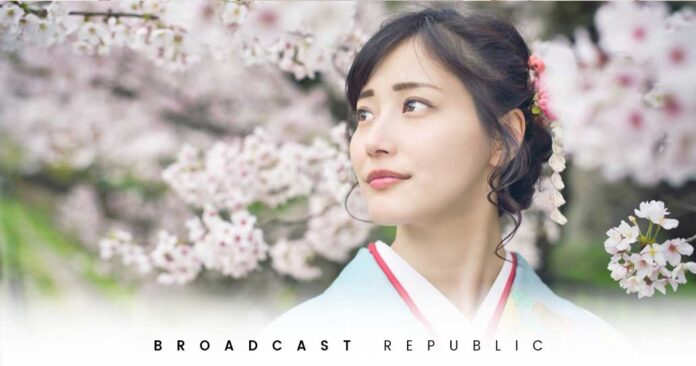In honor of Japan’s National Founding Day, celebrating the nation’s founding with the accession of its first emperor on Feb. 11, 660 B.C. So it’s the best time to talk about the most significant concepts and philosophies followed by the Japanese. These concepts help to ensure living with grace, awareness, honor, appreciation, and acceptance that have stood the test of time.
Check out these 10 Japanese mindsets we should embrace for happy and healthy living.
Ikigai: A reason for being
The Japanese concept of “ikigai” means defining and practicing your life purpose. In other words, the reason you get up in the morning. An individual’s ikigai should be their calling and something they are passionate about and good at.
Obaitori: Never compare oneself
The Japanese term “oubaitori” means never comparing oneself to others. It consists of kanji characters from four iconic trees, the cherry, plum, peach, and apricot. The concept refers to the different ways each tree grows.
Kaizen: Continuous improvement
In Japanese, “kaizen” is a word that means continuous improvement or change for the betterment. It is a personal and business philosophy seeking to improve efficiency and effectiveness at all levels of operation constantly. Japanese businesses first practiced Kaizen after World War II.
Wabi-Sabi: Admiring imperfection
The Japanese aesthetic of “wabi-sabi” means finding beauty in what is impermanent and imperfect. The philosophy nurtures all that is authentic by acknowledging three basic tenets: nothing lasts, nothing is finished, and nothing is perfect.
Mottainai: The concept of not being wasteful
The Japanese term “mottainai” means being too good to waste and refers to the belief that everything deserves respect and gratitude. It is essential not to be wasteful. The concept refers to respecting and recognizing the value of resources.
Kintsugi: The art of golden repair
The Japanese art form is referred to as “kintsugi,” which means golden journey, and “kintsukuroi,” referring to golden repair. It commonly correlates with mending broken pottery with gold or silver lacquer. Many artists have been inspired by the concept and have channeled this art form into their work.
Gaman: Dignity during duress
The Japanese term “Gaman,” which means “patience, perseverance, and tolerance,” refers to enduring difficult situations with self-control and dignity. A Zen Buddhist teaching, Gaman is a strategy of remaining resilient and patient during hard times and is characteristic of emotional maturity.
Shikata ga nai: Acceptance and letting go
“Shikata ga nai,” or “Sho ga nai,” is a Japanese phrase that means “it cannot be helped” or “it is what it is,” and nothing can be done about it. It is really about acceptance. The term refers to accepting that we cannot change and moving on.
Yuugen: Beholding beauty in the unseen
“Yuugen” is a Japanese word translated as “mysterious profundity” and refers to the profound awareness of the beauty of the universe that surpasses explanation with words. It is thus the beauty we can feel in an object or being, even if it is not beautiful in the literal sense of the word.
MONO no aware
Translated, “Mono no aware” means “the pathos of things.” It is also translated as having empathy toward things and ephemera – in other words, what is fleeting.
It is having an awareness of impermanence and feeling sentiments.

